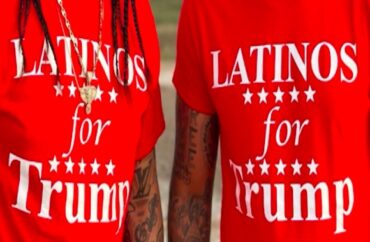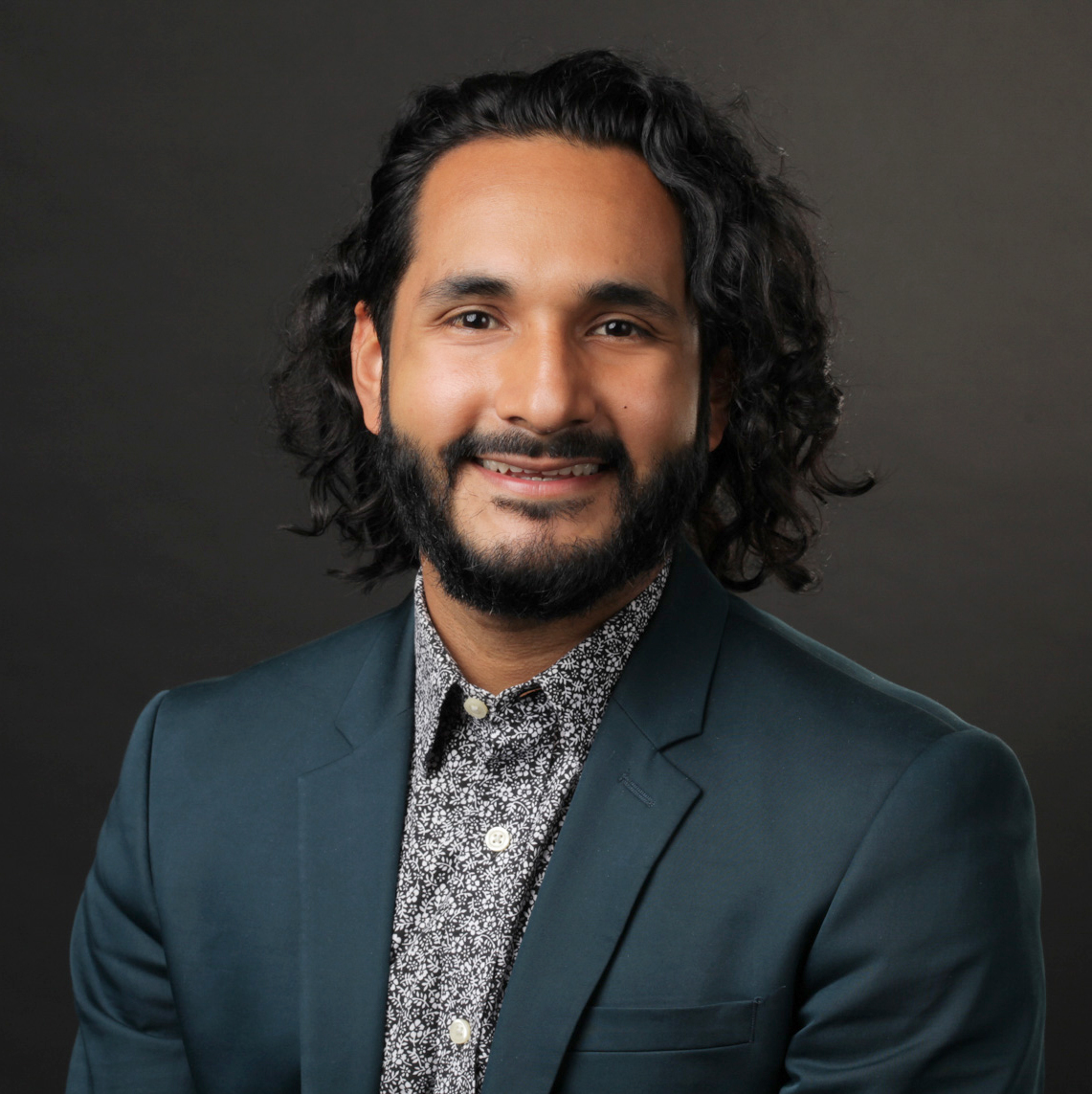
Voting for Trump ‘just tells me about where people’s priorities are, where their intelligence is’
Although Donald Trump made historic inroads among minority voters in this year’s election, Latinos in particular, males in that demographic at Emory University reported being “disheartened” at the 45th president’s victory.
According to U.S. News, Trump won 42 percent of the total Latino vote in 2024, and 47 percent of Latino men. In 2020 by contrast, 63 percent of Latinos voted for Joe Biden, but only 35 percent chose Trump.
The Latino men at Emory who shared their thoughts with The Emory Wheel emphasized what Trump’s second term might mean for “masculinity” and mental health.
Emory Dance & Movement Studies professor Julio Medina said that while he wasn’t surprised Trump won last month, the margin of the victory was “scary.”
“That just tells me about where people’s priorities are, where their intelligence is,” Medina said.
An acolyte of Paulo Freire’s Pedagogy of the Oppressed according to his faculty page, Medina added that “Latine” culture is “deeply embedded in patriarchal systems,” the origins of which stem from “colonization.”
 “They are Western notions of patriarchy and what it means to be male,” Medina (pictured) said. “Those ideas have been passed on to us by force, and we’ve maintained them subconsciously.”
“They are Western notions of patriarchy and what it means to be male,” Medina (pictured) said. “Those ideas have been passed on to us by force, and we’ve maintained them subconsciously.”
Emory Mellon Mays Fellow Taylor Colorado Merino agreed, saying Republican policies “resonate” with more traditional “Latine” families.
“How masculinity is viewed has swayed political ideologies for the Latine community,” Colorado Merino said. “Leftist views are seen as not the norm within traditional masculinity of Latino communities.”
MORE: ‘The Confederacy won,’ Emory professor says of Trump victory
He added traditional Latino men view themselves as having the “responsibility to carry the burden, or do things on [their] own,” so why would they vote for a collectivist (like Harris)?
“Hispanic culture has this sentiment of machismo, where the man is the one in charge of the family household, but my father isn’t necessarily like that,” [student] Anthony Medina said. “We have a matriarchal family dynamic, and my dad has really instilled the importance of having an open conversation with my mother and making sure that everybody’s voice is heard in our family unit.”
Anthony Medina acknowledged the cultural pressures that come with being a Latino man, especially within a culture that values collective unity. …
While […] Medina recognized the value of familial support, he also noted the barriers that many men in his community face when it comes to seeking mental health care, including financial obstacles. For him, these struggles are compounded by political ideologies that often generalize collective responsibility.
Colorado Merino’s Mellon Mays cohort research project is titled “Existir es Resistir [To Exist is To Resist]: Liberation is a Creative Practice for Our Collective Survival” which deals with “how Black, Brown, and Palestinian individuals use their imagination in service of their vision for a better world and how creative practices serve as essential strategies for fostering resilience and solidarity.”
Projects by other Emory Mellon Mays Fellows include “Decoloniality is a Humanism,” “Fatphobia in the Media,” “Unveiling the Nexus of Black Queerness: Exploring Romantic Dynamics and Intersectional Challenges among Black Lesbians,” and “The Clearing: Nature Play as Black Liberation Methodology.”
MORE: ‘We got gliders’: Emory doctor ‘no longer employed’ after Hamas praise
IMAGES: TrumpLatinos/X; Emory U.
Like The College Fix on Facebook / Follow us on Twitter





Please join the conversation about our stories on Facebook, Twitter, Instagram, Reddit, MeWe, Rumble, Gab, Minds and Gettr.